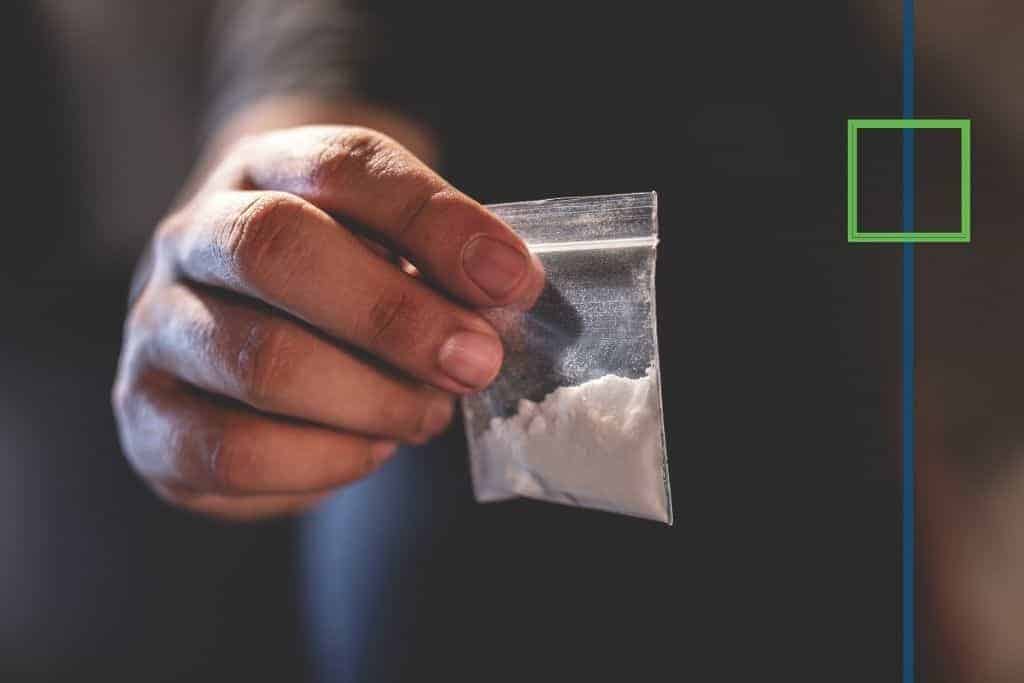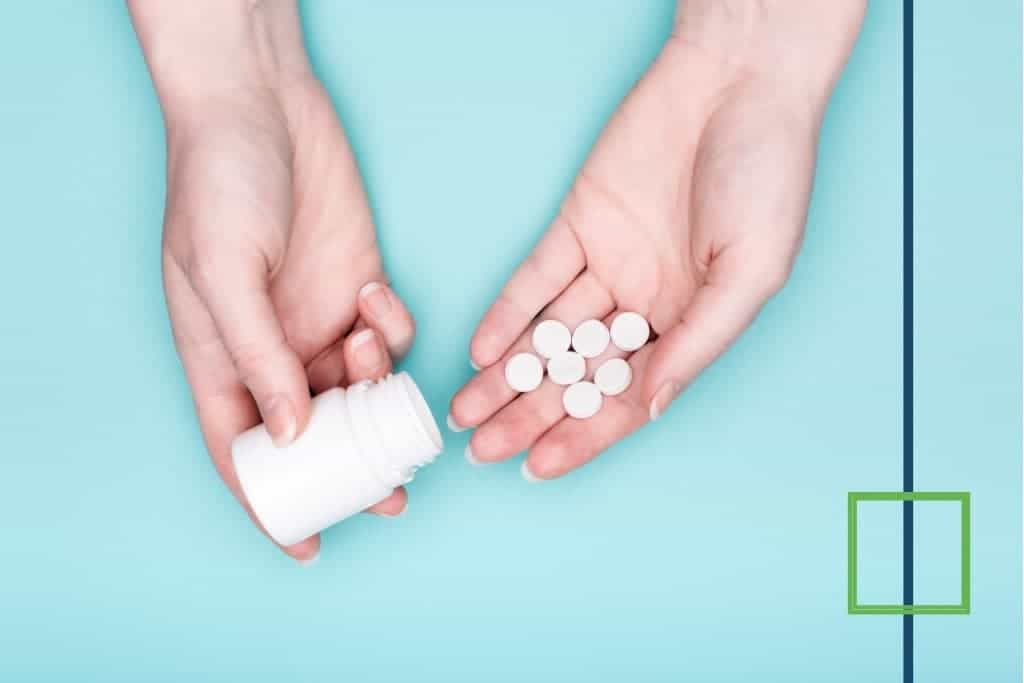What Is Phenibut? Phenibut Addiction
Phenibut, sold under the brand names Anvifen, Fenibut, and Noofen, is a drug used in Russia to treat symptoms of anxiety and insomnia. Phenibut is increasingly being used in the United States, and it is sold online as a supplement and nootropic. Nootropics are chemicals that are supposed to deliver cognitive benefits. While a lot of substances, including phenibut, are marketed as nootropics, they need to meet specific criteria to fall into this category in the United States.
To be classified as a nootropic, a drug must enhance memory and learning ability, help the brain function under less-than-optimal conditions, increase neuron activity, and have few, if any, side effects. Nootropics are also called ‘smart drugs.’ What is currently marketed as nootropics can range from something like Omega-3 fatty acids to unregulated substances with psychoactive properties, such as phenibut.

What Is Phenibut Used For?
Phenibut is similar in structure to gamma-Aminobutyric acid (GABA) and is characterized as a GABA analog. It is believed to activate GABA receptors in the brain when someone uses it, similar to Baclofen. GABA is a calming neurotransmitter in the brain. Since phenibut is an analog to GABA, it is thought to have a calming effect, especially at low doses. Phenibut is also used to treat fear, sleep problems, stress, fatigue, post-traumatic stress disorder (PTSD), depression, and alcoholism. Despite the perceived benefits that people associate with phenibut, the drug is not approved for these uses in the United States, and clinical studies do not exist that indicate its effectiveness.
Phenibut is approved for medical use in Russia as well as Latvia and Ukraine, but it is not medically approved in the United States or the European Union. Phenibut is instead sold as a supplement in the United States and has to be purchased online. It is often touted not only as a ‘smart drug,’ but also as a way to self-medicate conditions like social anxiety. Phenibut is used recreationally to increase sociability and induce euphoria.

Get Your Life Back
Find Hope & Recovery. Get Safe Comfortable Detox, Addiction Rehab & Dual Diagnosis High-Quality Care.
Hotline(844) 597-1011Phenibut Side Effects
Phenibut is not a controlled substance in the United States and is believed to be generally well-tolerated, but some side effects are possible. Some of the common side effects of phenibut include sedation, nausea, anxiety, dizziness, and headache.
When used at higher doses, phenibut side effects can include coordination problems, and loss of balance and people often experience hangover-like symptoms. Phenibut is a depressant of the central nervous system, and this makes driving or operating machinery while taking it dangerous. Long-term risks of using phenibut include a heightened risk of fatty liver disease and eosinophilia.
Overdosing on phenibut is also possible. Overdoses often happen because the drug has a delayed onset time, and thus, people will take additional doses thinking the initial one didn’t work. Phenibut overdose symptoms can include extreme drowsiness, nausea, vomiting, renal impairment, and low blood pressure.
When people take doses that exceed seven grams, it can cause fatty liver degeneration. People who overdose on phenibut can also experience lethargy, delirium, and loss of consciousness. Experiencing these adverse side effects and overdosing are more likely to occur when Phenibut is combined with other central nervous system depressants, such as opioids, alcohol, or sedatives.
Get Help. Get Better. Get Your Life Back.
Searching for Accredited Drug and Alcohol Rehab Centers Near You?
Even if you have failed previously and relapsed, or are in the middle of a difficult crisis, we stand ready to support you. Our trusted behavioral health specialists will not give up on you. When you feel ready or just want someone to speak to about therapy alternatives to change your life call us. Even if we cannot assist you, we will lead you to wherever you can get support. There is no obligation. Call our hotline today.
(844) 597-1011Physical and Psychological Effects
Over time, phenibut takes the place of the natural neurotransmitter, causing chemical and eventually physical changes in the brain. It’s just one of many psychoactive substances on the rise. World Psychiatry estimates that in Europe, about 5 percent of those 19-24 years old have experimented with psychoactive substances. The effects on a person include:
Tolerance: The first impact on the human body, besides feeling calm and sharper, is increased tolerance. Users of phenibut quickly develop a tolerance to the drug. This requires them to take higher doses to achieve the same effects. The higher the dose, the harder it is to stop using the substance.
Withdrawal: Even for people who want to stop taking it, withdrawal symptoms associated with phenibut can be quite severe. Those taking it often underestimate this fact. Studies have shown these symptoms may appear 3-4 hours after a dose and last as long as 2 weeks.
Phenibut Addiction
While some people have provided anecdotal evidence that phenibut has been beneficial for them, there is a risk of addiction and physical dependence. Phenibut addiction and physical dependence are two of the most common and troubling side effects of using this uncontrolled substance.

First-class Facilities & Amenities
World-class High-Quality Addiction & Mental Health Rehabilitation Treatment
Rehab Centers TourRenowned Addiction Centers. Serene Private Facilities. Inpatient rehab programs vary.
Addiction Helpline(844) 597-1011Proven recovery success experience, backed by a Team w/ History of:
15+
Years of Unified Experience
100s
5-Star Reviews Across Our Centers
10K
Recovery Success Stories Across Our Network
- Low Patient to Therapist Ratio
- Onsite Medical Detox Center
- Comprehensive Dual-Diagnosis Treatment
- Complimentary Family & Alumni Programs
- Coaching, Recovery & Personal Development Events
Many people who take phenibut develop a physical dependence on the drug very quickly, forming a tolerance after taking the drug just a few times. Increased tolerance to the drug then leads to the need to take higher doses to experience any effects. As a person takes more and more phenibut, they may even develop a physical dependence on the drug. The risk of becoming physically dependent upon phenibut increases over time.
The physical dependence on phenibut occurs due to how the drug affects GABA levels in the brain. When a person who is physically dependent upon the drug attempts to stop using it, they may experience withdrawal symptoms. Phenibut withdrawal symptoms can be mild or severe and may include tremors, nausea, vomiting, changes in appetite, and restlessness. Other phenibut withdrawal symptoms include paranoia, anxiety, changes in pain threshold, and sleep problems. People who are physically dependent upon phenibut often have to taper off the drug slowly when they stop using it to avoid these withdrawal symptoms.
Is Phenibut Addictive?
Forming an addiction to phenibut is also possible. Abuse and addiction occur separately from physical dependence. Phenibut abuse and addiction are characterized by psychological and behavioral symptoms. Phenibut addiction occurs because when someone uses this substance, it not only stimulates GABA receptors but also dopamine receptors.
When taken at low doses phenibut tends to act like a depressant. However, when taken at high doses phenibut may trigger energizing and euphoric effects. The release of dopamine in the brain causes a cycle of compulsion and addiction.
One example of phenibut abuse and phenibut addiction would be when a person uses the drug before going out to a social event. People may abuse phenibut as a way to feel more social and then, over time, they become conditioned such that they feel like they can’t socialize without it.

First-class Facilities & Amenities
World-class High-Quality Addiction & Mental Health Rehabilitation Treatment
Rehab Centers TourRenowned Addiction Centers. Serene Private Facilities. Inpatient rehab programs vary.
Addiction Helpline(844) 597-1011Proven recovery success experience, backed by a Team w/ History of:
15+
Years of Unified Experience
100s
5-Star Reviews Across Our Centers
10K
Recovery Success Stories Across Our Network
- Low Patient to Therapist Ratio
- Onsite Medical Detox Center
- Comprehensive Dual-Diagnosis Treatment
- Complimentary Family & Alumni Programs
- Coaching, Recovery & Personal Development Events
With phenibut abuse and phenibut addiction, a person may also pair it with other substances, such as alcohol, to increase the desired effects and the feelings of euphoria that can occur. People who are addicted to phenibut feel as if they cannot function without the drug and experience intense cravings and are preoccupied with securing it and planning for future use. Phenibut abuse and addiction can lead to problematic behavioral patterns.
Because phenibut is not a controlled substance in the United States and is hyped as a ‘smart drug,’ there is a tendency for people to believe that it has no risks. However, this is not true as phenibut abuse, addiction, and even physical dependence are possible. People need to be aware of these risks before using this drug.
Consequences of Abusing Phenibut
Depending on the dose taken, for how long, and whether one takes other drugs, abusing phenibut can have dire consequences. People may not think of these consequences because their cognitive performance seems to be improving. Per BMJ Case Report, it might take at least 24 weeks to return to normal activities after withdrawal.
Recovery time is shortened for smaller doses, but the neurological changes that occur with long-duration, high-level doses can be quite substantial. Some people try to quit cold turkey, but that can make the effects of withdrawal more severe and last longer.
World-class, Accredited, 5-Star Reviewed, Effective Addiction & Mental Health Programs. Complete Behavioral Health Inpatient Rehab, Detox plus Co-occuring Disorders Therapy.
CALL(844) 597-1011End the Addiction Pain. End the Emotional Rollercoaster. Get Your Life Back. Start Drug, Alcohol & Dual Diagnosis Mental Health Treatment Now. Get Free No-obligation Guidance by Substance Abuse Specialists Who Understand Addiction & Mental Health Recovery & Know How to Help.
How Common Is Phenibut Addiction and Abuse?
According to the FDA, there are between 50,000 and 80,000 different supplement products that claim to improve or maintain your health. Popular ones like kratom get a lot of news coverage but phenibut is also one of them. Tolerance and dependence can both occur within just weeks of using phenibut for various reasons and long-term use of this drug has negative side effects.
Phenibut is most popular with the younger population of drug users, and although it is marketed as a safe supplement, misuse of phenibut is dangerous and can cause problematic behavioral patterns, psychological damage, and harmful physical side effects such as an increased risk of fatty liver disease, overdose, and serious withdrawal symptoms.
Reclaim Your Life From Phenibut Addiction
Phenibut Addiction is a condition that can cause major health, social, and economic problems that should not be taken lightly. We Level Up Treatment Center can provide you, or someone you love, the tools to recover from Phenibut addiction with professional and safe treatment. Feel free to call us to speak with one of our counselors. We can inform you about this condition by giving you relevant information. Our specialists know what you are going through. Please know that each call is private and confidential.
Experience Transformative Recovery at We Level Up Treatment Centers.
See our authentic success stories. Get inspired. Get the help you deserve.
Start a New Life
Begin with a free call to an addiction & behavioral health treatment advisor. Learn more about our dual-diagnosis programs. The We Level Up Treatment Center Network delivers recovery programs that vary by each treatment facility. Call to learn more.
- Personalized Care
- Caring Accountable Staff
- World-class Amenities
- Licensed & Accredited
- Renowned w/ 100s 5-Star Reviews
We’ll Call You


